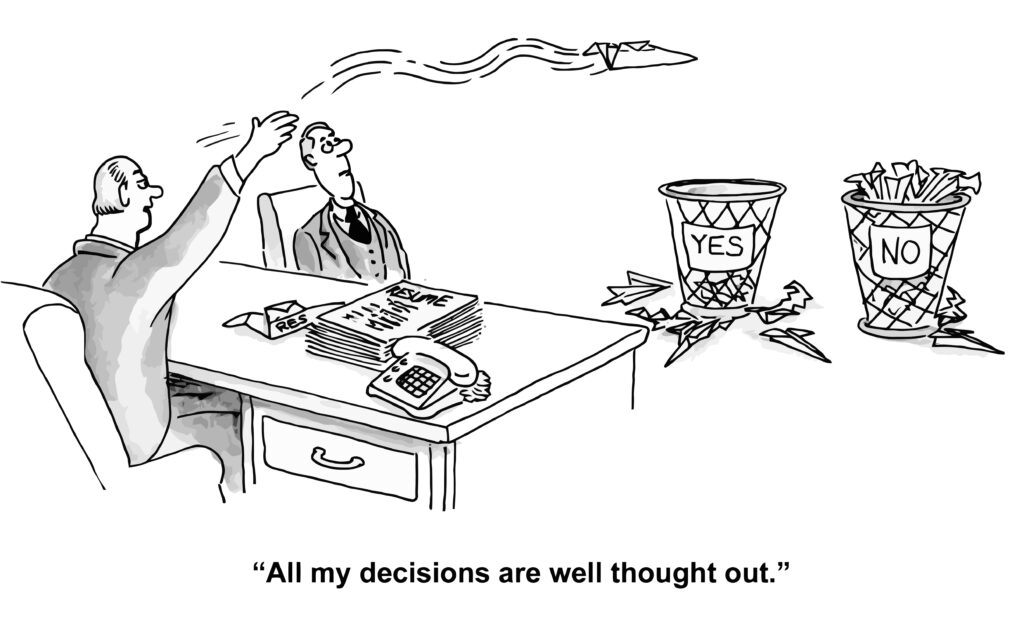
There’s an assumption out there that good leaders are decisive and clear. They know the priorities and don’t let themselves get tangled up in agonizing thoughts about details. If you’re an executive, you want others to see you this way. Decisiveness gives the impression of confidence. And confidence helps others have confidence in you.
As an entrepreneur, professional or executive, you know that making decisions is a large part of your daily life. You signed up for this – making decisions, big and small.
So what make it difficult for smart, driven executives to be fully decisive?
Indecisiveness is not just about decision fatigue or over-responsibility, although they may play a role.
It’s about your executive functioning (EF) and how you’re managing it.
To make difficult decisions, you need great EF – the brain-based skills for goal-directed behaviour and everything that goes with it. By virtue of where you are in your career, your EF is already well developed. And yet, you’d like to be more decisive.
Become who you were always meant to be!
So what’s going on when you feel stuck in indecisiveness?
Your particular brand of EF – your brain profile – may be highly comfortable with abstract thinking. Perhaps too comfortable. And that’s what can take you into endless ambivalence.
Have you noticed that when you can’t land on a decision, there’s a sense of not quite settling? If you’re accustomed to thinking in the abstract, you may find it uncomfortable to land on a choice.
If you want to be muscularly decisive, look at your emotions.
Are they heightened? Triggered? If so, your EF will definitely go offline. You’ll experience mental fog, poor focus, and rumination.
How do you respond when you’re triggered? Do you put your emotions aside? Do you tell yourself there’s no time during the work day to deal with them?
Emotions don’t go away just because you decided not to pay attention to them. They’re still there, bubbling under the surface. If you try to think past the emotions, you won’t be effective. EF functions best when the brain is calm and clear.
But emotions are very useful too – when you choose to pay attention to them. They’re a gold mine of information about risks, values, priorities and self-management. You need a balance of emotional information and facts to make a good decision. The most powerful leaders make decisions with a combination of intuition, past experience, emotional intelligence and cognitive flexibility. If you cut off these valuable data sets, the result will be indecisiveness.

So how do you become confidently decisive?
1. Check in.
Ask yourself:
Who do I want to be as I make this decision?
In what way may I be too comfortable with the abstract?
What might I be resisting?
2. Recognize that No decision IS a decision.
Ask yourself:
How do I benefit from making no decision?
What if no decision is the best decision?
3. Commit to making a decision anyway.
Ask yourself:
In what way can I make this decision more clear?
Who will I be once I’ve made this decision?
4. Accept that some ‘good’ decisions will feel uncomfortable.
Ask yourself:
What do I believe about what makes a good decision?
What will deepen my comfort with what I don’t have control over?
You can be a good leader and still be indecisive from time to time.
The next time you have a difficult decision to make, draw from both emotional and factual information.
And don’t forget to enjoy the afterglow of clarity!




 ADHD and Radical Acceptance:Ellen’s Discovery
ADHD and Radical Acceptance:Ellen’s Discovery


